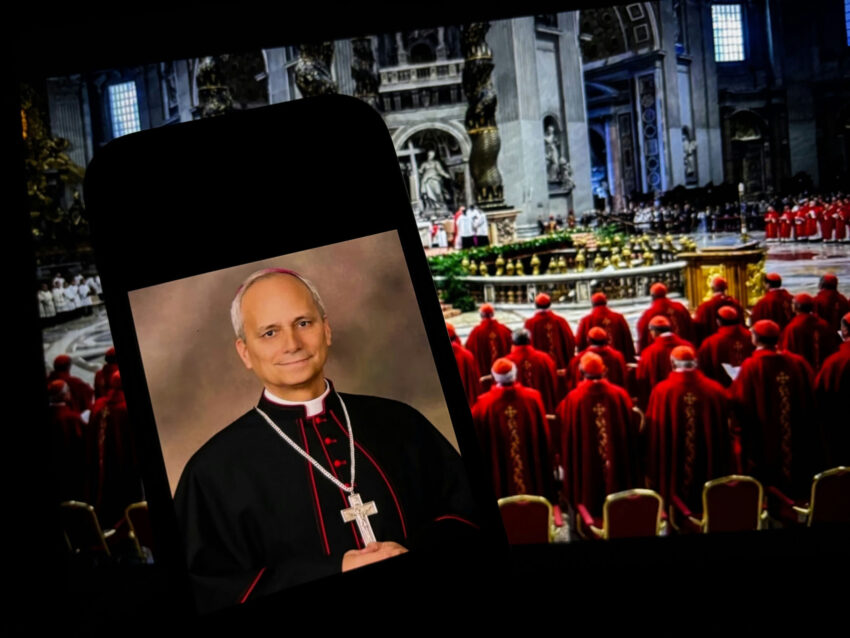Pope Francis has issued a stark warning to the world about the potential dangers posed by artificial intelligence and social media, emphasizing the urgent need to protect human dignity in our rapidly digitalizing age.
Pope Francis’ Message to Influencers
Pope Francis recently delivered a powerful address to young Catholic social media influencers during the Vatican’s first mass for this group. His message was clear: human dignity must remain at the forefront as we navigate the challenges and opportunities presented by artificial intelligence (AI) and social media. Francis warned of the ethical pitfalls these digital innovations can create if left unchecked, calling for a global commitment to ensure technology serves humanity rather than undermines it.
Pope warns against undermining human ‘dignity’ in AI, social media erahttps://t.co/NXZnlW1dT3
— ABS-CBN News (@ABSCBNNews) July 29, 2025
This event marks an unprecedented step by the Vatican, emphasizing the role of influencers in shaping digital culture. With their vast reach and influence, these individuals are uniquely positioned to promote ethical digital engagement, a responsibility the Pope believes is crucial in maintaining the integrity of human relationships and truth in the digital age.
The Vatican’s Ethical Doctrine
In January 2025, the Vatican released an official doctrine on AI ethics titled “Antiqua et Nova.” This document outlines the Church’s position on the ethical use of artificial intelligence and digital technologies. It serves as a moral guide, urging developers and users alike to prioritize human dignity and ethical standards in their technological pursuits.
The doctrine emphasizes that AI should complement, not replace, human intelligence. It also raises grave concerns about the potential for AI to be used in ways that could harm humanity, such as in the development of lethal autonomous weapons. The Vatican’s proactive stance on these issues positions it as a leading moral voice in the ongoing global discourse on AI ethics.
Implications for the Future
The Pope’s call to action has sparked a wider debate about the ethical boundaries of AI and social media. Following his death, this conversation has gained even more urgency. The Church’s efforts to engage with digital ethics represent both short-term and long-term implications. In the short term, there is heightened awareness among Catholic communities and increased scrutiny of AI practices. In the long term, the Vatican’s influence could help shape global AI ethics frameworks, advocating for technology that is truly human-centered.
For the tech industry, these developments signal a growing demand for transparency and ethical safeguards. Companies are under increasing pressure to align their products with ethical standards, both from moral authorities like the Vatican and from the public at large, which is becoming more aware of the potential dangers posed by unchecked technological advancements.
The Role of Catholic Influencers
The Vatican’s outreach to social media influencers represents a strategic shift in its approach to digital culture. By mobilizing these individuals, the Church aims to promote a message of digital dignity and responsibility. Influencers are encouraged to model ethical behavior online, setting standards for how digital platforms should be used to foster positive and truthful human interactions.
This initiative is part of a broader effort by the Vatican to assert its moral authority in the digital realm. By addressing the ethical challenges posed by AI and social media, the Church is not only reinforcing its traditional values but also adapting them to the complexities of the modern world.
Sources:
Click this link for the original source of this article.
Author: Editorial Team
This content is courtesy of, and owned and copyrighted by, https://www.conservativecardinal.com and its author. This content is made available by use of the public RSS feed offered by the host site and is used for educational purposes only. If you are the author or represent the host site and would like this content removed now and in the future, please contact USSANews.com using the email address in the Contact page found in the website menu.








